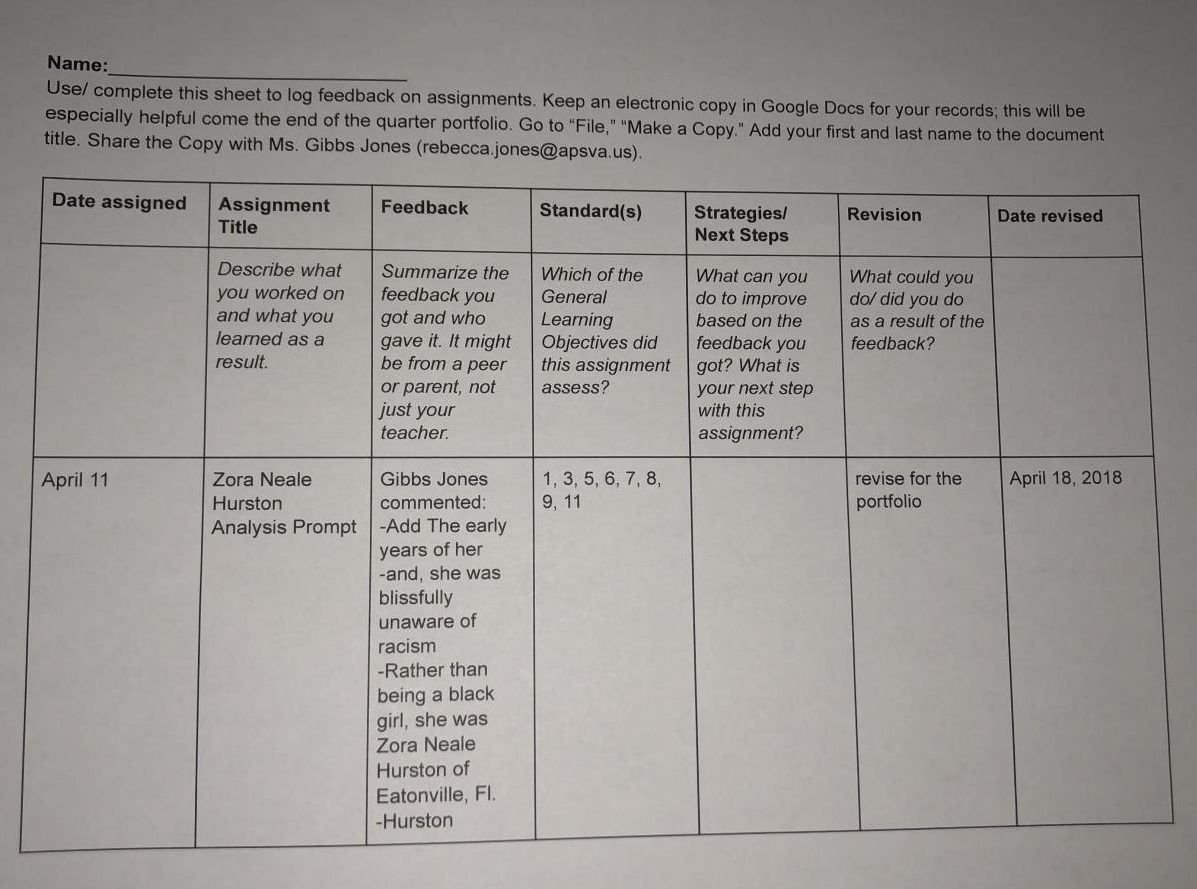In the past few years, a new form of grading has taken the school by storm. Instead of the traditional grading scale, teachers have been electing to use a system called “Standards-based grading.”
Standards-based grading is based on new studies in the education world. The idea has sprung from Ted talks by Ken Robinson, a British author, and Sal Khan, creator of Khan academy. According to Robinson and Khan, students learn better when they do not have stressful, cumulative tests that can be the determinant for their grade. The reason the old system seems to hinder learning is that once the test is over, students tend to forget what they have learned. Instead, scientists have suggested a system where students do not have one big test, but instead continue learning the material throughout the year.
This new approach to grading is supported by many of the English and foreign language teachers at our school. It is an attempt to cure the high stress atmosphere of high school while also helping students learn more effectively. That is, until the system begins to hurt the very students it is trying to help.
In order for the system to be used by teachers, it must not violate any aspects of the school board policy. According to the policy, grades must be based on curriculum standards and reflect student demonstrated understanding of course content, growth in subject area, and course expectations and additionally, grading practices have to be fair, appropriate, manageable and support effective teaching and learning.
These aspects seem to be covered by the new system. Standards-based grading lets the student show growth and the new system has been proven to be more effective. The problem comes with one of the most basic principles in the code: student grades reflect student achievement and NOT student behavior. Standards-based grading violates this policy.
With traditional grading, the student is graded based on their performance on classwork, homework, tests and other graded work. If a student scores a 90% on a test, the teacher cannot change this. They cannot lower the students grade. That is the basic principle of grading.
Standards-based grading is not the same. Everything is left up to the interpretation of the teacher. For example, a teacher might notice that a student is not paying attention and can hold that against them, even if the student is learning the material. A student might seem to have a bad attitude or not be trying. The teacher can use these subjective judgments as the basis of the student’s grade. A shy student who does not participate in class can be downgraded simply because of their natural personality whereas an outgoing student can excel because they are talkative. The bottom line is if a teacher does not like a student, that student is at an unmeasurable disadvantage.
All grading under this system is at the teachers discretion. The teacher has complete control over the students grade. A student could present the teacher with all the evidence in the world that they are proficient in the subject, however, if the teacher does not like the student because of a rude comment or a ill-humored joke from the previous week, the teacher can decide that that student is not proficient and deserves a B.
The most frustrating part of it all is that teachers always tell students that their grade is in their hands. It is not. At all. Teachers have complete control. Tests and quizzes do not matter. You can score a 90% on a test and receive a B for the quarter or score a 50% on a test and receive an A for the quarter.
It does not make any sense!
Obviously, this all seems speculative. It seems like everything above is an “it could happen” statement; however, it does happen. It may not be a conscious action by the teacher, but even still, subconsciously, the teachers’ biases always show. As imperfect human beings, it is impossible for them not to.
Overall, Standards-based grading needs to be banned from our schools immediately. It violates the Arlington County policy for grading and puts students at a huge disadvantage. Arlington Public Schools has an obligation to enforce their policies.
Teachers have been grading the normal way for decades, and there is no real necessity to change the system. Additionally, managing stress and anxiety is a part of adult life. What is high school for if not to prepare students for adulthood? The leaders of today would not be where they are now without the skills they learned from being placed in high-pressure situations.







































